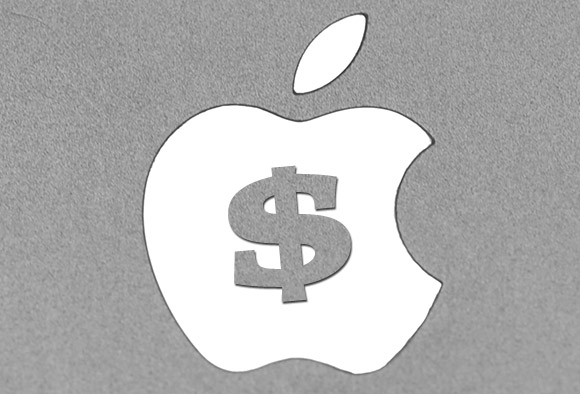In my classmate, Devin Spence’s post, he argues that Nestle had and may still have a role in child labour. He points out that it use to generate “11.8 billion Canadian dollars in net profit and is fully aware of the child slaves they employ.” Then, in 2002 Nestle’s CEO signed International Cocoa Initiative, which is dedicated to reduce child trafficking and abusive labour practices in West Africa. Devin questions if it is still involved in child labour since their is no actual evidence stating so.
In my opinion, Devin does put forward an interesting point, but this accusation relies too much on belief rather than fact. The law states, ” You are innocent until proven guilty”; therefore, one cannot immediately assume that Nestle is employing child slaves, for all we know it may be fighting this crime. After all, the fact that it signed they signed the Cocoa Initiative is evidence that Nestle proves this point. In conclusion, Nestle may be still doing so, but until evidence proves it is hiring child slaves, we cannot make such assumptions.



